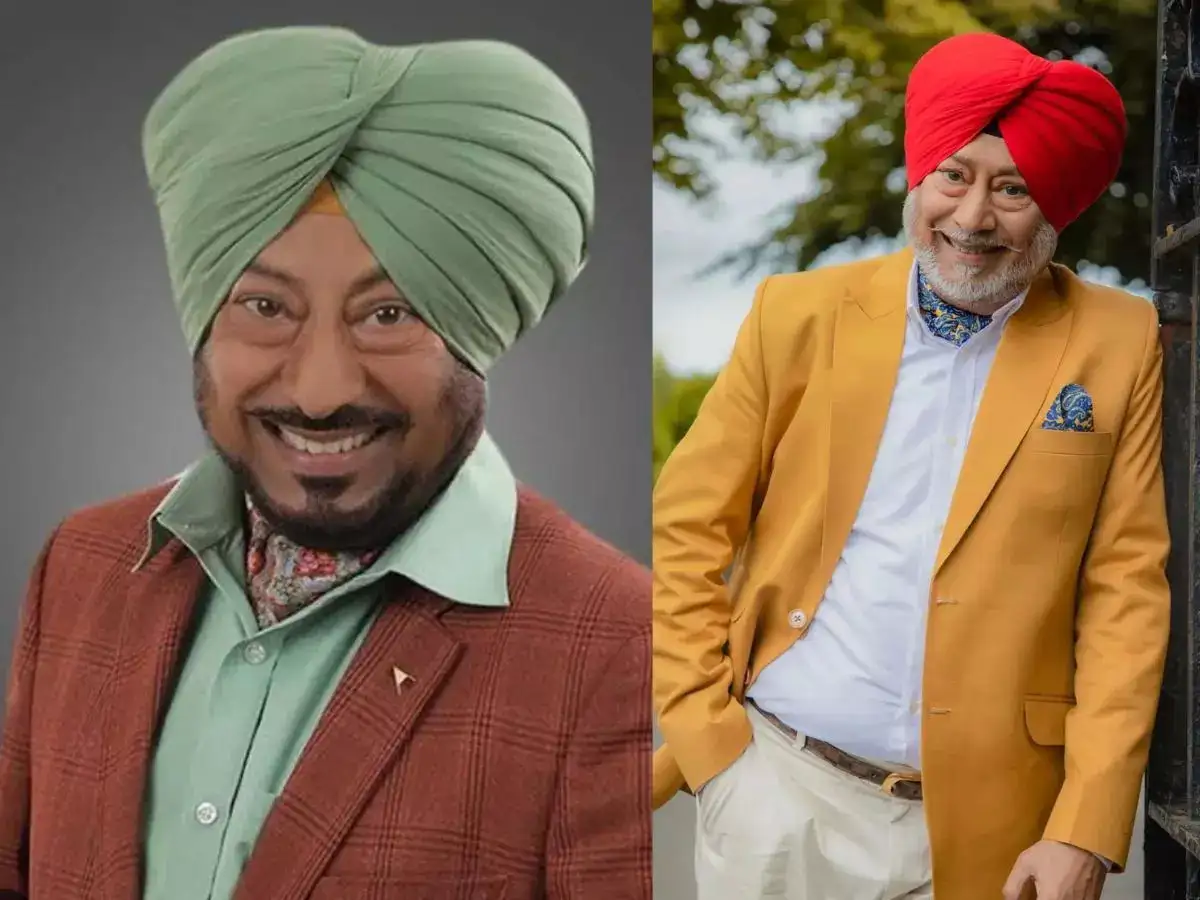New Delhi, 22 August 2025: aswinder Bhalla, the well-loved Punjabi actor and comedian known for iconic characters like Advocate Dhillon, has passed away at the age of 65 due to a brain stroke. His creative legacy—spanning acclaimed films and audio skits—touched countless lives through humor, satire, and heartfelt performances. His sudden passing is a powerful reminder of how fragile life is—and how vital it is to recognize stroke warning signs early, particularly for those over 40.
This article explores not only Bhalla’s loss but also the critical health warning signs everyone should know—because every second counts when it comes to stroke.
Understanding Stroke: Why Adults Over 40 Must Remain Vigilant
A brain stroke occurs when blood flow to a part of the brain is interrupted—either due to a blocked artery or hemorrhage. This sudden disruption causes brain cells to begin dying within minutes, leading to lasting damage or even death.
Key Risk Factors Include:
- High blood pressure (the leading cause of strokes)
- Diabetes and elevated blood sugar
- High cholesterol and unhealthy blood fat levels
- Sedentary lifestyle, smoking, and excessive alcohol use
- Obesity and unmanaged stress
- Family history of stroke or cardiovascular disease
FAST: The Lifesaver Acronym Everyone Should Know
Acting promptly when stroke symptoms appear can be life-saving. Use the FAST model:
- F – Face: Uneven smile or drooping on one side?
- A – Arms: Can the person raise both arms evenly?
- S – Speech: Is their speech slurred or strange?
- T – Time: Call emergency services immediately if any of these signs appear.
Other troubling symptoms may include sudden severe headache, confusion, trouble seeing, difficulty walking, or loss of balance.
Why Adults Over 40 Can’t Afford to Be Complacent
- Hypertension often shows no early symptoms, yet it’s a leading stroke cause.
- Diabetes and high cholesterol accelerate arterial damage.
- Aging blood vessels lose elasticity, making them more prone to blockages or ruptures.
- Metabolic and lifestyle shifts after 40 mean that minor warnings can escalate quickly.
Regular medical check-ups are not optional—they’re essential for early detection and prevention.
Prevention: Lifestyle Changes That Make a Real Impact
Up to 80% of strokes are preventable through proactive measures:
- Blood Pressure Control
Aim for levels at or below 120/80 mmHg through diet, exercise, or medication. - Manage Blood Sugar & Cholesterol
Use diet and lifestyle changes—and medications if needed—to keep levels in check. - Healthy Diet
Focus on whole foods: leafy greens, fruits, lean proteins, whole grains, and healthy fats. - Stay Active
Aim for at least 150 minutes of moderate exercise per week—walking, jogging, or cycling. - Quit Smoking & Moderate Alcohol
Smoking significantly elevates stroke risk. Limit alcohol to one drink/day for women, two for men. - Stress Management
Incorporate stress-reduction practices like meditation, yoga, or mental breaks. - Know Your Family History
If early strokes occurred in your family, consult a healthcare provider about advanced screenings.
Honoring Bhalla’s Legacy and Protecting Our Health
Jaswinder Bhalla’s passing shakes us deeply. Let his memory encourage us to cherish life and health. By knowing the warning signs of stroke and staying proactive in our wellness, we can help prevent similar tragedies—and even save a life.
Summary Table of Stroke Prevention Tips
| Warning Sign / Component | What to Know |
|---|---|
| FAST Symptoms | Early signs include facial droop, arm weakness, and speech changes. First 3 hours are critical. |
| Key Risk Factors (40+) | Hypertension, diabetes, high cholesterol, smoking, sedentary lifestyle, stress. |
| Prevention Strategies | Healthy diet, exercise, regular health checks, stress reduction, quitting smoking. |
| Memory Matters | Bhalla’s story emphasizes the importance of awareness, early detection, and timely action. |
Brain Stroke: What To Keep in Mind?
Jaswinder Bhalla’s sudden death due to stroke is a tragic reminder: strokes don’t wait. At 65, he was still vibrant and creative. Yet for adults over 40, the opportunity to prevent a stroke is real and within reach.
Remember: FAST testing, lifestyle changes, and regular screenings can protect you or someone you care about. After all, every second of awareness could mean many more years of life—and storytelling.







